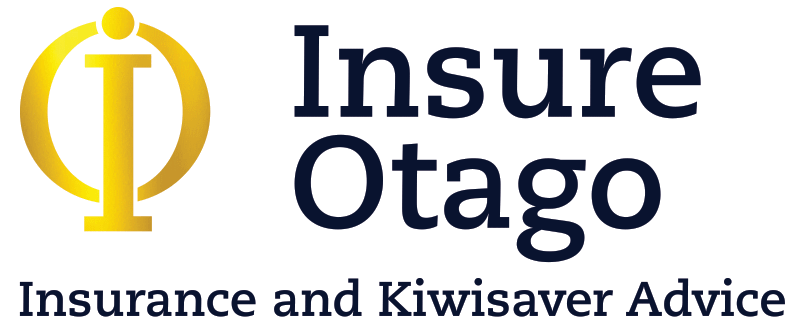For lots of us, borrowing money is part of life. We might borrow to buy a car to get us to work, have a credit card for day-to-day expenses, or take out a home loan to get in the door of our first homes and on to the property ladder.
And for many people, debt is also what sparks us to first think about insurance. Here’s what you need to know about how the two work together.
Why does insurance matter when you have debt?
When you borrow money from someone, whether it’s a bank, a finance company, a buy-now-pay-later provider or even a friend, you agree to pay it back within a certain timeframe.
But that probably requires you to continue to earn money at your current income rate.
If something were to happen to your ability to earn, it could affect your repayments and mean you default on the loan.
Home loans are a big driver of the need for insurance
Lots of people are prompted to think about their insurance needs when they buy a home.
A new home loan is often a big debt and it makes sense that buyers want to protect their ability to repay it. If you’re buying a house with a friend or partner, and either of you was to die during the course of paying the loan, the other person could be left with the full debt to service, which might not be financially possible.
But even outside that worst-case scenario, a lot of people value the peace of mind that cover like income protection or mortgage and rent cover gives them to know that even if they were seriously ill and not bringing in an income, their home loan would still be repaid and they could hold on to the roof over their heads.
But home loans aren’t the only kind of debt that matters
Not everyone has a home loan, and insurance can be important when you have other kinds of debt, too.
Some personal loan products have much higher interest rates, and the debt can get a lot larger quite quickly if you stop paying. A debt that is left unpaid can turn into a black mark on your credit history, which can make it a lot harder to get any lending in future.
In some cases, you could end up with items being repossessed or action taken against you to recover the money.
Personal insurance policies can be a lifesaver to ensure that a medical event doesn’t impact your financial future.
Plus, insurance can also be really important if you have business debt. If something were to happen to a key member of staff or a shareholder, you would need to know that the business could continue to keep up with its obligations.
Thinking about protecting your debt?
If you have debt of any kind and you’re thinking about how you might ensure you can keep servicing it, no matter what happens, get in touch with us. We can help you work out what cover you need and the best ways to achieve that.
Disclaimer: Please note that the content provided in this article is intended as an overview and as general information only. While care is taken to ensure accuracy and reliability, the information provided is subject to continuous change and may not reflect current developments or address your situation. Before making any decisions based on the information provided in this article, please use your discretion and seek independent guidance.

